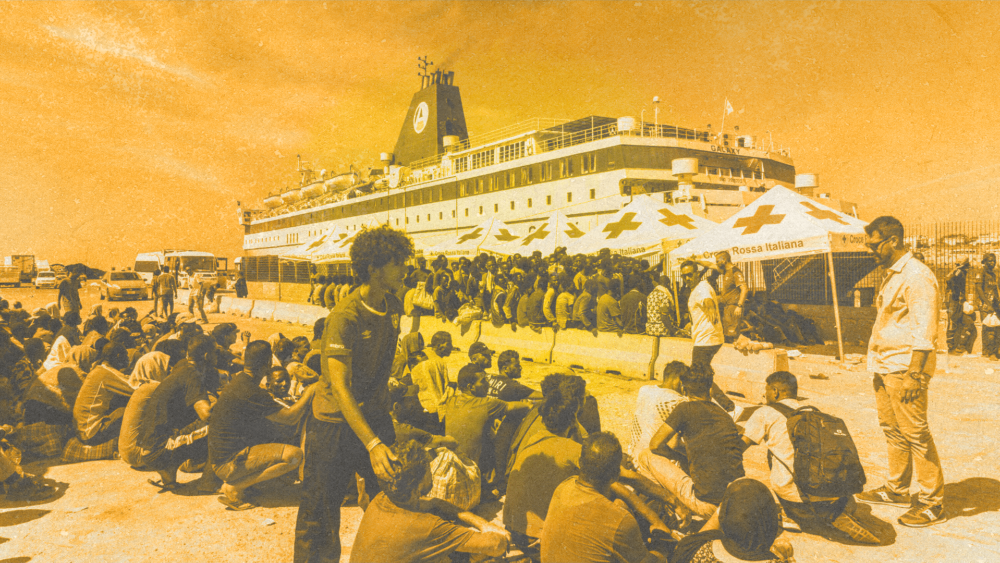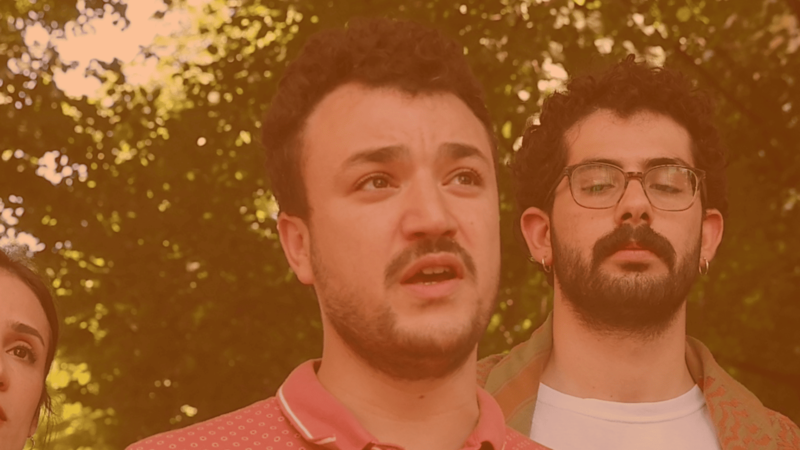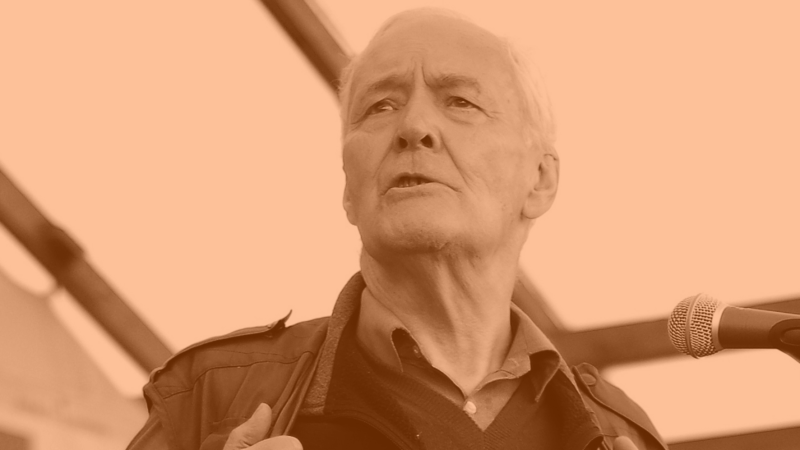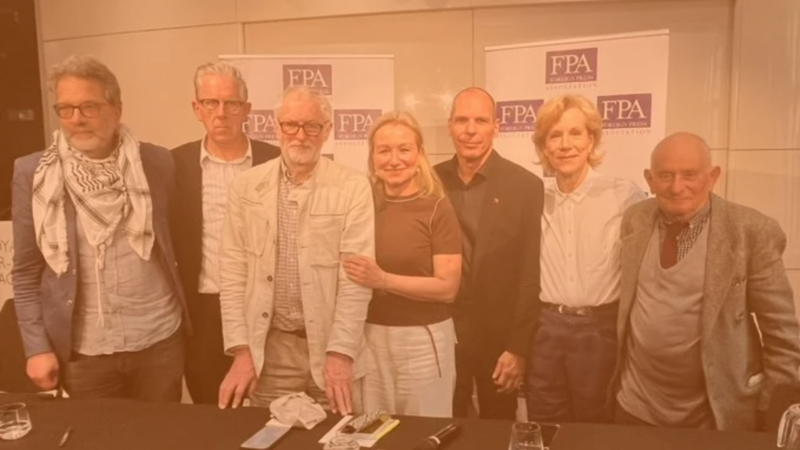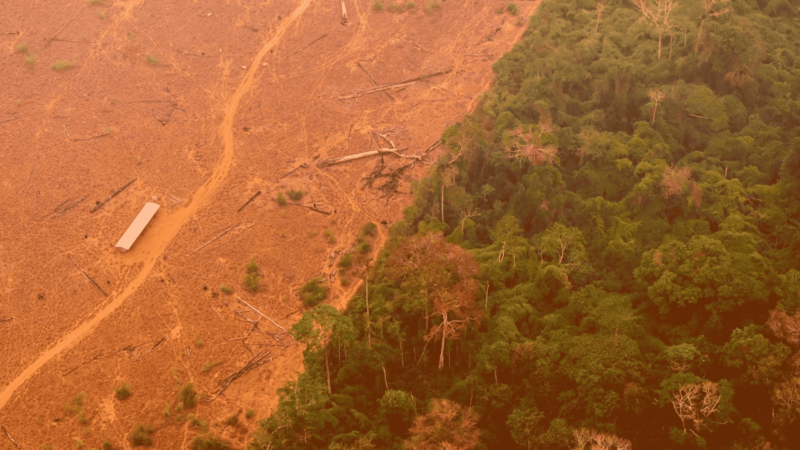The images from Lampedusa and the way the media reports on the landings give the impression that nothing has changed in ten years, that the so-called ‘refugee and immigration emergency’ is still completely unresolved, and that it’s useless to keep referring to something that lasts for decades as an emergency.
October 3 marks ten years since the frightening shipwreck which occurred close to the shores of Lampedusa. A decade later, it makes no sense to continue talking about an emergency.
In front of us we have a complex picture, to be looked at with a view from Europe to the world and vice versa, out of the logic of the hotspot, a symbol of the failed vision of governments. The migratory phenomenon is a journey that begins long before departure and ends long after disembarkation; it is useless to think of ‘managing’ it with ridiculous and inhumane solutions that deal only with a small part of their journey.
The Dublin Regulation at the European level is simply ineffective because it responds to the logic of internal balances between member states, and not to the need to deal with the phenomenon, which we would be perfectly capable of doing instead.
We managed it with Ukrainian refugees, handling an exodus of much greater dimensions than arrivals from Africa or the Middle East, and we did it well and harmoniously.
As Polish filmmaker Agnieszka Holland recently said: “It’s not that we can’t, it’s that we don’t want to.”
Borders open and close intermittently, out of convenience or institutional spite among the governments of different European countries.
Statements are made such as those of French president Emmanuel Macron‘s where he said that Europe cannot take on the suffering of the world, when the truth is that for a lifetime we European countries have profited from the suffering in the world.
At the Italian level, the legal mechanism is even more tortuous, designed and engineered to make it almost impossible to legally complete a path of reception and rebuilding a life, an active role in society.
Migrants are engulfed in an expensive bureaucratic swamp, while living in inhumane conditions in repatriation centres, or in reception centres. Systems that had proven to work in the past are cancelled or criminalised. In this way, the system can ‘forget’ about their existence, thus creating a constant state of emergency that is always useful at election time.
In Lampedusa a decade later, we see exemplary representation of the fact that the ruling classes and governments claim to approach the issue of immigration the same way they approach the issue of garbage disposal, with the same detachment and disgust.
They continue to ride the securitarian paradigm and criminalise, in a completely irrational way, those who save lives.
Today we are discussing the government’s plan to create a new detention centre on the island: built, run and maintained by the military and according to military logic. History has taught us what these places are called: concentration camps.
Italian prime minister Giorgia Meloni and European Commission president Ursula von der Leyen visited the Lampedusa hotspot in recent days for nothing more than a media stunt. They represent two sides of the same coin, that of the neoliberal paradigm that thinks of people as tools and territory, a space for domination.
It is the philosophy of ‘Fortress Europe’ that we know well: a philosophy that is not only inhumane and cruel but even ineffective in pursuing the aims of those who propose it, unless those aims are death and chaos.
There are individual experiences, in Europe as in Italy, that help us to be able to rethink the management of refugees in a more humane and less bureaucratic and securitarian way. The example of Riace, led by Mimmo Lucano, is one of them.
What is needed is a real revolution in the way we look at and manage the public administration dealing with foreign people, one that allows for simplified procedures for residence permits, abolishes repatriation centres and radically transforms the function of hot-spots. But all this means possessing an overall vision that first and foremost starts with the realization that the reception system is not everything. We need to deal with the journey, with the deeper and broader meaning of migration and the crises from which it arises. Cooperate with the realities found in Africa and Asia to ensure that the systemic conflicts and contradictions that produce migration are overcome and that, for example, wealth is no longer all in the hands of the top 1 percent of the world’s population.
May social justice be brought to bear and may the foundations finally be laid for a Europe of people and no longer of oligarchs or elites.
Do you want to be informed of DiEM25's actions? Sign up here





